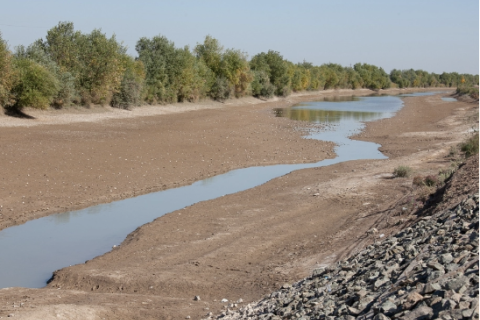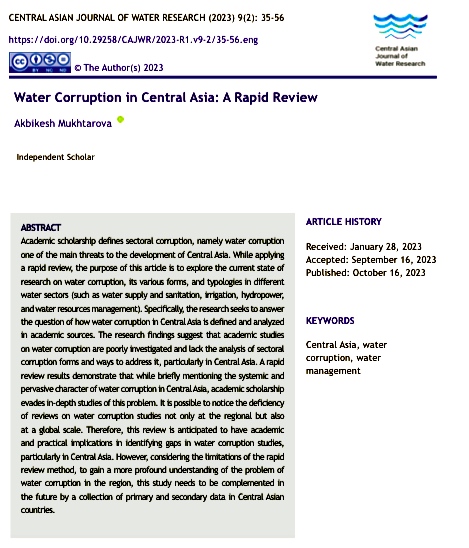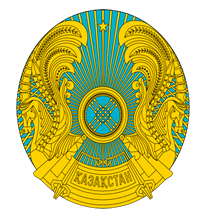Kazakhstan is the ninth largest country in the world by land size (2.725 million km², including areas of land and water). Economically, Kazakhstan has achieved the most comprehensive transition of post-Soviet Central Asian states from a planned to a market economy, fuelled by large reserves in oil, gas, and minerals such as uranium. On the other hand, much land in Kazakhstan remains under state ownership, from which the public may gain access through leaseholds. Reports show high levels of corruption amongst its land authorities, and the country ranks poorly in terms of its enforcement of property rights protections.
Socio-economic indicators
browse all
Land Area
269,970,000 ha
GDP/Capita
26,110.5 USD
Total population
19,001,000
Urban population
57.4 %
Land-related indicators
browse all
Agricultural land
80.4 %
Perceived tenure security
79.6 %
NewsBrowse all
08 March 2023
Farmland and pastures across Central Asia are far less productive after decades of monocropping.
Main photo: Depleted land needs more water, which is already insufficient across much of Central Asia. (David Trilling)
The soils of Central Asia yield far less meat, dairy and produce today than…
03 February 2023
De-Nazarbayevification is a useful electoral strategy, which may explain why the news was announced by Kazakhstan’s ruling party ahead of polls next month.
Main photo: Bolat Nazarbayev (public domain)
Authorities have apparently confiscated vast swathes of land from the unpopular brother of…
10 September 2022
Main photo: Fires blaze at a recreational center on Lake Alakol. The expansion of human activity toward forested areas, such as spa resorts and dachas, endangers Kazakhstan's limited forest land and the biodiversity that accompanies it.
ALMATY, Kazakhstan -- By the time they saw fierce flames…
During Soviet rule, the land was brought under state control, principally through collectivisation, although migratory livestock husbandry was permitted after 1941.
BlogsBrowse all
11 October 2022
In the Three Rivers gazetted forest of northern Benin, the start of the agricultural season is a frequent hotspot of conflict between local communities and forest officials.
It is at this moment when demands are made for forest fees giving permission for residents to cultivate fields or graze…
LibraryBrowse all










